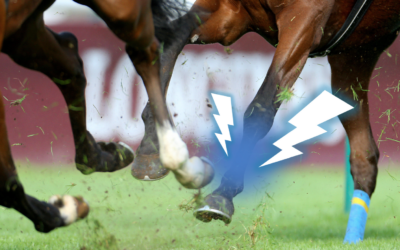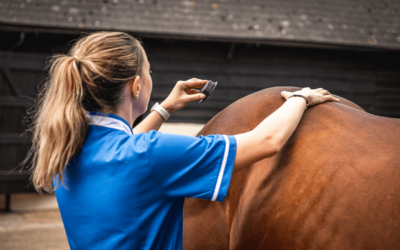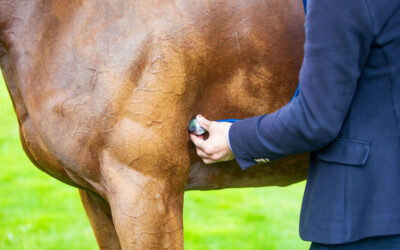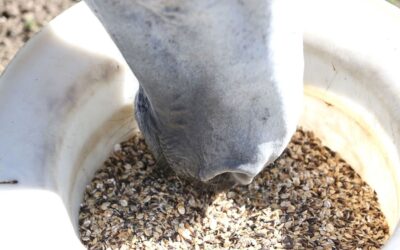EXPLORE
OUR BLOG
Here you will find information about performance and health measurements as well as tips about athlete horse health monitoring, telemedicine cases and equine well-being.

Subscribe to our newsletter
LATEST ARTICLES
ALL ARTICLES
Bones response to loading
Between power and fragility, the horse perfectly embodies the expression “colossus with feet of clay”. Find out in this article how the horse’s bones are subjected to repeated mechanical loads that can have a profound impact on his bone health.
Alexis GOURY: his experience with EQUIMETRE
We had the chance to talk to Alexis Goury, an french eventing rider, about his use of EQUIMETRE. Discover, through this discussion, how he trains his horses and integrates the connected sensor into his daily routine.
The future of equine veterinary medicine: how technology is changing the industry?
Equine veterinary medicine is essential to ensure the health and well-being of horses, whether in sport or for leisure. For years, equine medicine professionals have followed well-established care protocols to treat the illnesses and injuries of these athletes.
What effects does training have on the horse’s respiratory system?
The respiratory system’s function is to make use of the oxygen that is freely present in the air we breathe. The horse’s lungs and respiratory system depend on them to operate correctly, not only because of their size but also because of their vital functions. Indeed, the horse must have efficient respiratory capacity if it wishes to sustain the pace of its activity while adequately supplying its body with oxygen and eliminating carbon dioxide.
Interpretation bias in equine medicine
These cognitive biases can be detrimental to the practice of equine veterinary medicine, leading to diagnostic errors, incorrect patient management and problems in the owner-veterinarian relationship.
Sports horses: what dietary supplements for what needs?
Horse supplements are products designed to provide additional nutrients to supplement their basic diet. They are used to meet specific needs, improve the health, well-being and performance of horses. However, they should not be used as a substitute for a balanced and appropriate diet.
The various equine respiratory diseases
The various equine respiratory pathologies can have a significant impact on the animal’s general health and compromise its ability to make any effort. In horses, they can result from a variety of factors, such as the environment, the level of health or the circulation of viruses and diseases.
Heart rate: the horse athlete’s health asset
Horses are top-level athletes. To maximise its performance while preserving its health, it is essential to understand the various aspects of its physiology. Among these, heart rate plays a fundamental role: it provides an insight into the efficiency of the heart function and the athlete’s overall state of health.
Equine athletes: how nutrition boosts their performance
Behind the performance of equine athletes lies an essential element that contributes to their success: nutrition. It plays a vital role in developing and maintaining performance, and these athletes require a balanced diet specifically adapted to their physiological and energy needs. As a result, a horse’s diet has a significant impact on its physical condition, endurance, recovery and general health.
.









